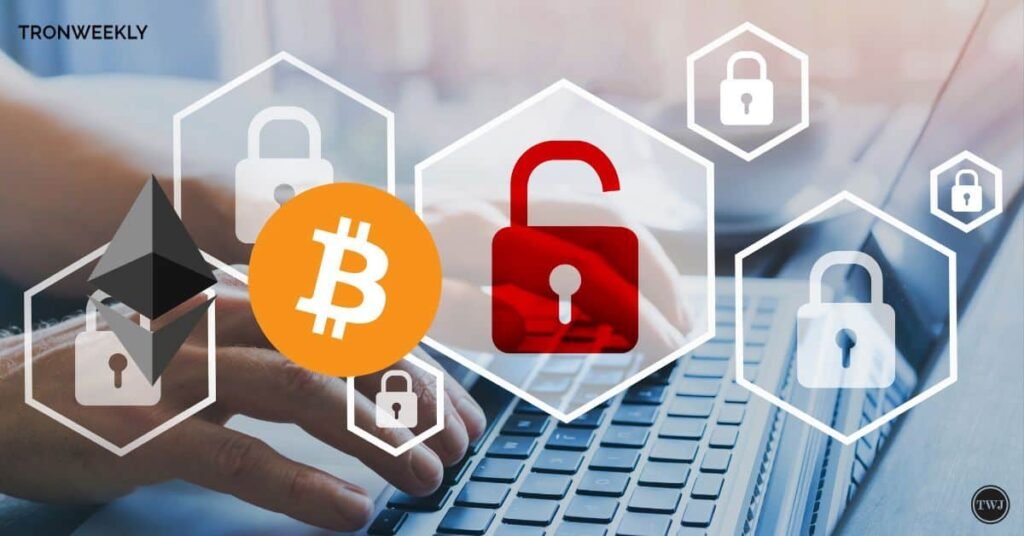What internet security threats to look out for in 2018?

Being aware of all the possible internet security threats you can be a victim of is a must if you want to stay safe while browsing the web and doing all your everyday online activities, such as using your social network accounts, performing web banking transactions and even checking your e-mail. 2017 was a year of technological progress and new developments in every single area, and this also included malicious activity.
If you want to enjoy a safe internet experience during 2018, then check out this list of security threats you need to be careful with.
Identity theft
One of the biggest and most dangerous threats is identity theft. Malicious individuals or groups are always looking to steal user accounts, banking information, e-mail addresses and passwords in order to perform or aid themselves in their illegal activities posing as someone else. Another reason identity theft is such a big deal is because it may grant hackers access to sensitive information they can use to target a business or bigger organization. Spot common phishing attacks with the help of our article – 5 ways to spot phishing attacks.
Social network attacks
Social networks have spread into every single aspect of our everyday life, and they have become a widely used platform for malware distribution and phishing attacks. During 2018, it is expected that hackers and phishers exploit social networks to reach more people with their attacks and threats. Be careful with every link and post you see or receive on these social platforms, even if they come from people you know. For more information on social media threats see our biggest threats to your social media account article.
Mobile malware
Mobile devices such as phones and tablets have taken the lead over more traditional, desktop computers and others. As more and more people acquire one or more of these devices, cyber criminals are trying to develop more sophisticated and complex malware applications specifically targeted at them, serving as a bridge for information theft and other malicious activities. Mobile operating system developers must enforce more and better security measures to reduce the number of successful attacks on these platforms.
Data Breaches
Digital systems are always vulnerable, and data breaches and leaks are a latent risk that can happen anytime, with catastrophic consequences such as e-mail, password, social security number and other sensitive and confidential information theft, just like it has happened in recent years to big companies and organizations. Be careful with the platforms and services you choose to use, and make sure you’re trusting good hands with your data, but be also ready to act in case a system breach happens.
Organized cyber crime
One final threat to be aware of during 2018 is organized cyber crime. Cyber criminals have stopped working by themselves or in small groups and have been found to assemble in “hacker groups” and distinct criminal organizations, posing a greater risk for institutions, services and the general public. This is also relevant for countries, given that these cyber criminal organizations also target official institutions and systems. One barrier against these attacks is making sure your devices are protected by a robust and powerful security suite.
Be the first to write a comment.







